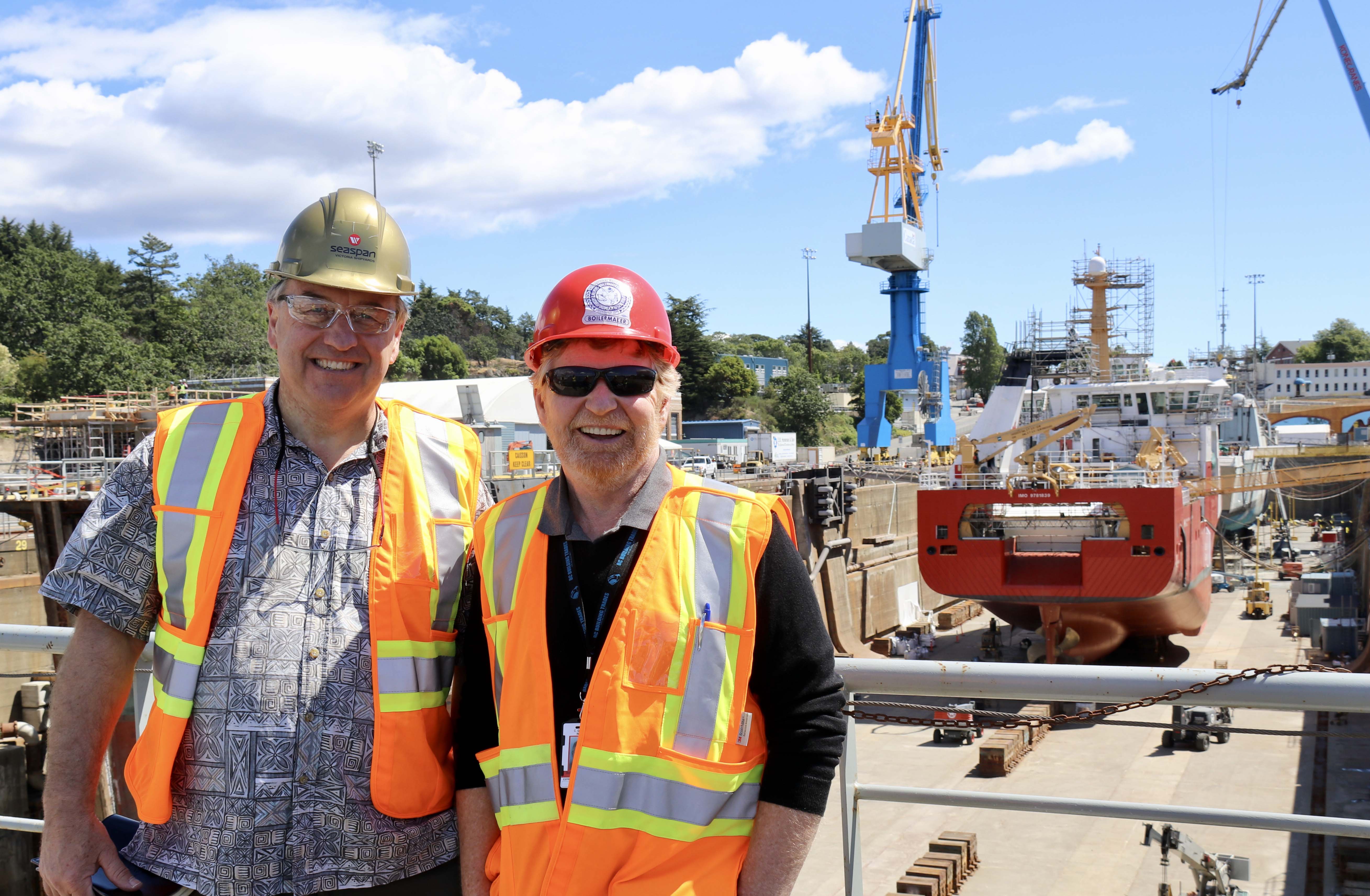Community benefits agreements & the proposed BC Infrastructure Benefits Inc.
Earlier this week the BC government announced 2 public infrastructure projects that will be delivered under “Community Benefit Agreements” (CBAs), and the creation of a new Crown corporation, BC Infrastructure Benefits Inc., (BCIB) that will oversee the implementation of these agreements.
In response to media requests on this announcement we issued the following statement :
“Community benefit agreements are a great way to invest in our province’s future and a key tool that government can use to advance social and environmental goals. In particular, investing in training and apprenticeships for young people, First Nations and women will help set those British Columbians up for long-term success, which will have significant knock-on benefits for our province and its communities.
I look forward to seeing the details of the government’s overall framework. I will be looking to ensure that it is fair and effective from a policy perspective, rather than a political or ideological one. While our caucus’ approach to labour policy differs in some respects from the BC NDP’s, I believe there are significant opportunities for us to collaborate to modernize BC’s laws so that we can best set British Columbians up for success amidst major global economic shifts.
I look forward to seeing the details of this agreement and working with Minister Bains to meet our CASA commitment to find innovative ways to improve fairness for workers.“
In response to a number of questions, I wanted to expand on this statement.
Without a doubt, CBAs can be a good policy tool to accomplish important objectives for public construction projects, such as increased apprenticeships, increased participation for indigenous trades workers, women and other underrepresented groups, commitment to local hiring, and more certainty on wages on project timelines.
A strong building trades labour force is critical for our province’s future. To meet our climate targets and build a stronger, sustainable economy, we are going to need to make significant investments into our existing building stock, as well as building new infrastructure including public transportation. We also need to ensure our workforce develops, in particular by ensuring that there are enough apprenticeship opportunities to train new workers.
However, CBAs must be advanced as a policy tool to address the values I outlined above – not as a tool to pay back political favours or to advance ideology at the expense of good policy. We have made this perspective clear to the government, and will be applying this approach to reviewing how the government awards Community Benefit Agreements in the future.
We have also asked government to provide reasoning for why the two projects announced earlier this week had a unionization requirement for workers on these two sites.
It is our view that CBA should be applicable for both union and non-union trade shops and that we are focused on ensuring that whoever is competing for a contract is meeting the requirements laid out in the CBA. To be clear – CBAs can be good policy, providing a good tool for government to help drive the development of a strong building trades labour force, as long as we use them for policy not partisan reasons.





One Comment
Hi Andrew
The last two paragraphs are what 85% of the construction industry are looking for being non union . Please ensure that the non union sector is allowed to bid on these projects and it is a fair and even playing field , this will ensure the best bang for the taxpayers dollar . Glad to see you step up tp the plate !!
David